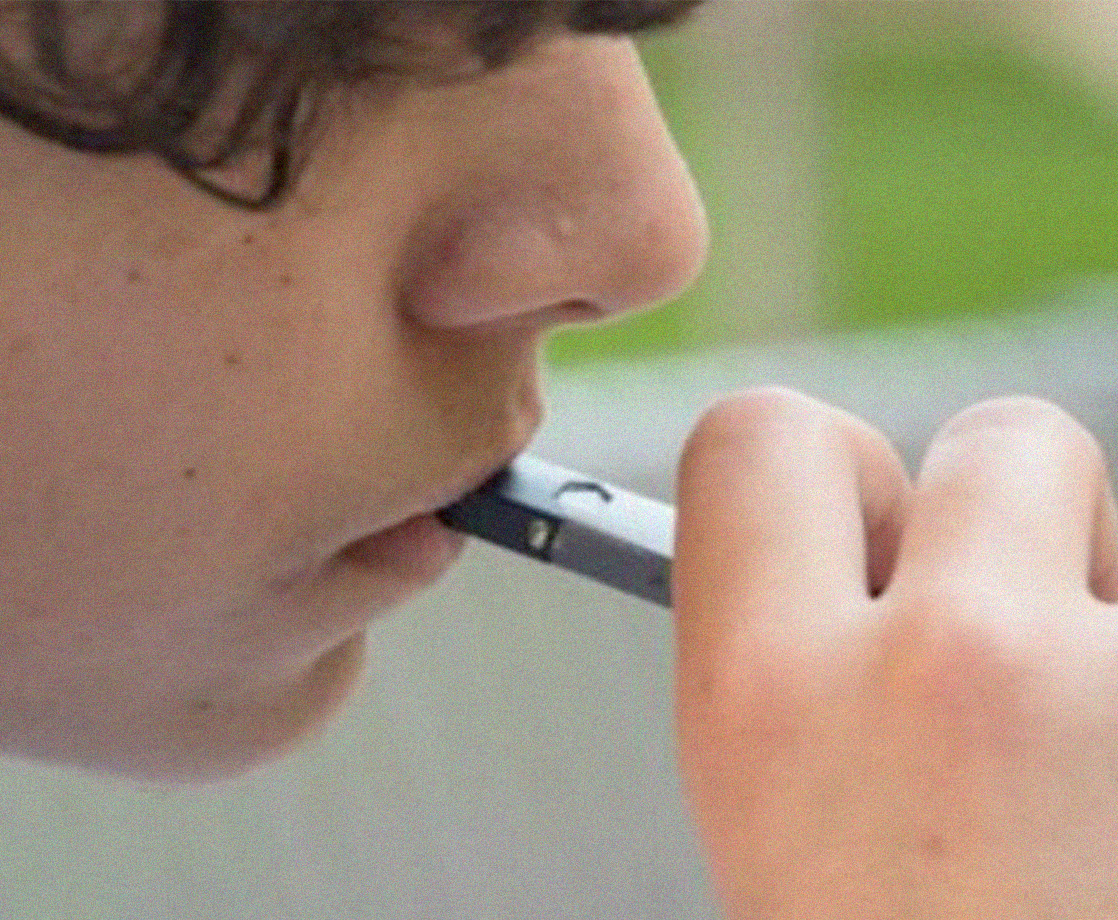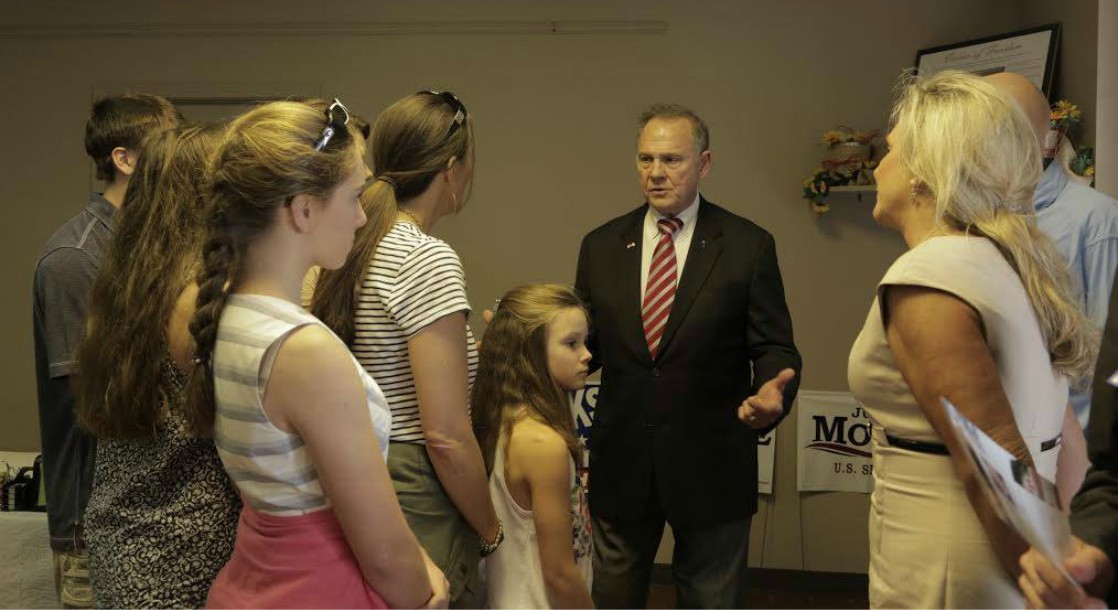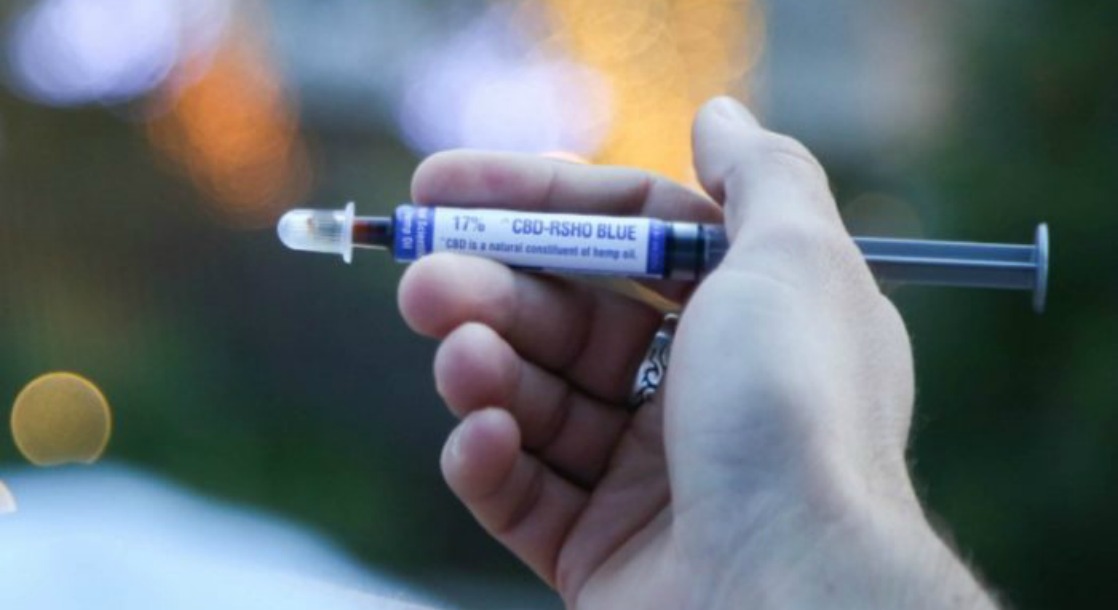The nation’s biggest e-cigarette manufacturer, Juul Labs, got slapped with two state-led lawsuits this week for allegedly marketing and delivering its nicotine products to minors.
On Monday, California’s Attorney General, Xavier Bacerra, announced that the Golden State would join the city of Los Angeles in a lawsuit against the San Francisco-based company. The suit claims that Juul employees intentionally promoted its flavored nicotine products to people under the age of 18 by allowing minors who failed the Juul website’s age verification prompt to sign up for the company’s email newsletters, and in some instances even delivering its nicotine products directly to minors.
“We will go after anyone who uses deceptive business practices to harm our people,” Bacerra said during a press conference. He also accused Juul of directly contributing to “a public health epidemic.”
Teen vaping has raised concerns over the years. Although high schoolers may be ditching tobacco these days, teens have increasingly turned to vaping nicotine to catch a buzz. Juul devices are compact, simple to use, and often mistaken for USB storage devices on casual inspection. According to the Sacramento Bee, teen vaping rates doubled since 2015, the same year that Juul opened for business.
A recent analysis from the National Youth Tobacco Use Survey conducted by the US FDA claims that 4.1 million high school students and 1.2 million middle school students puff on e-cigs and other nicotine vape devices. State authorities singled out Juul not only because of the company’s alleged misconduct, but also because the company is the nation’s largest producer of e-cigs, where it currently dominates an estimated 70 percent of the nation’s e-cig market.
On Tuesday, New York State filed a separate but related lawsuit against Juul. “There can be no doubt that Juul’s aggressive advertising has significantly contributed to the public health crisis that has left youth in New York and across the country addicted to its products,” said New York’s Attorney General, Letitia James, in a news release. “By glamorizing vaping, while at the same time downplaying the nicotine found in vaping products, Juul is putting countless New Yorkers at risk.”
The lawsuits from both New York and California demand heavy monetary fines for Juul’s alleged infractions against state and federal laws.
Gallery — Here’s What Fake Vapes Actually Look Like:
A Juul representative, Austin Finan, wrote to FOX Business in an email that the company has not yet reviewed the lawsuits in full, but that it is already taking steps to curtail youth use of its products.
Juul “recently stopped accepting orders for our Mint Juul pods in the US, suspended all broadcast, print, and digital product advertising in the US,” and is “investing in scientific research to ensure the quality of our FDA Premarket Tobacco Product Application (PMTA) and expanding our commitment to develop new technology to reduce youth use,” Finan wrote. “Our customer base is the world’s 1 billion adult smokers, and we do not intend to attract underage users.”
In September, President Trump said he would consider banning flavored vape products at the national level to stop kids from vaping. However, after meeting with vape industry lobbyists, the Trump Administration announced over the weekend that it would suspend its ban given the impact it could have on vape sales (and potential Trump votes in the 2020 election).
Oregon and Rhode Island have already rolled out flavored vape bans, although Oregon regulators have halted their ban on flavored weed and nicotine vapes after two lawsuits claimed the ban would unfairly bankrupt licensed vape businesses in the state.
Vaping nicotine has been touted as a safer alternative to smoking tobacco. Studies show that vaping produces fewer harmful chemicals than smoking cigarettes does, with the latest study suggesting that vaping does less damage to the heart and blood vessels than tobacco does. Many vape consumers have also opposed any bans on legal, regulated vaping products on the grounds that vaping was the only thing that helped them quit smoking tobacco.
Follow Randy Robinson on Twitter











